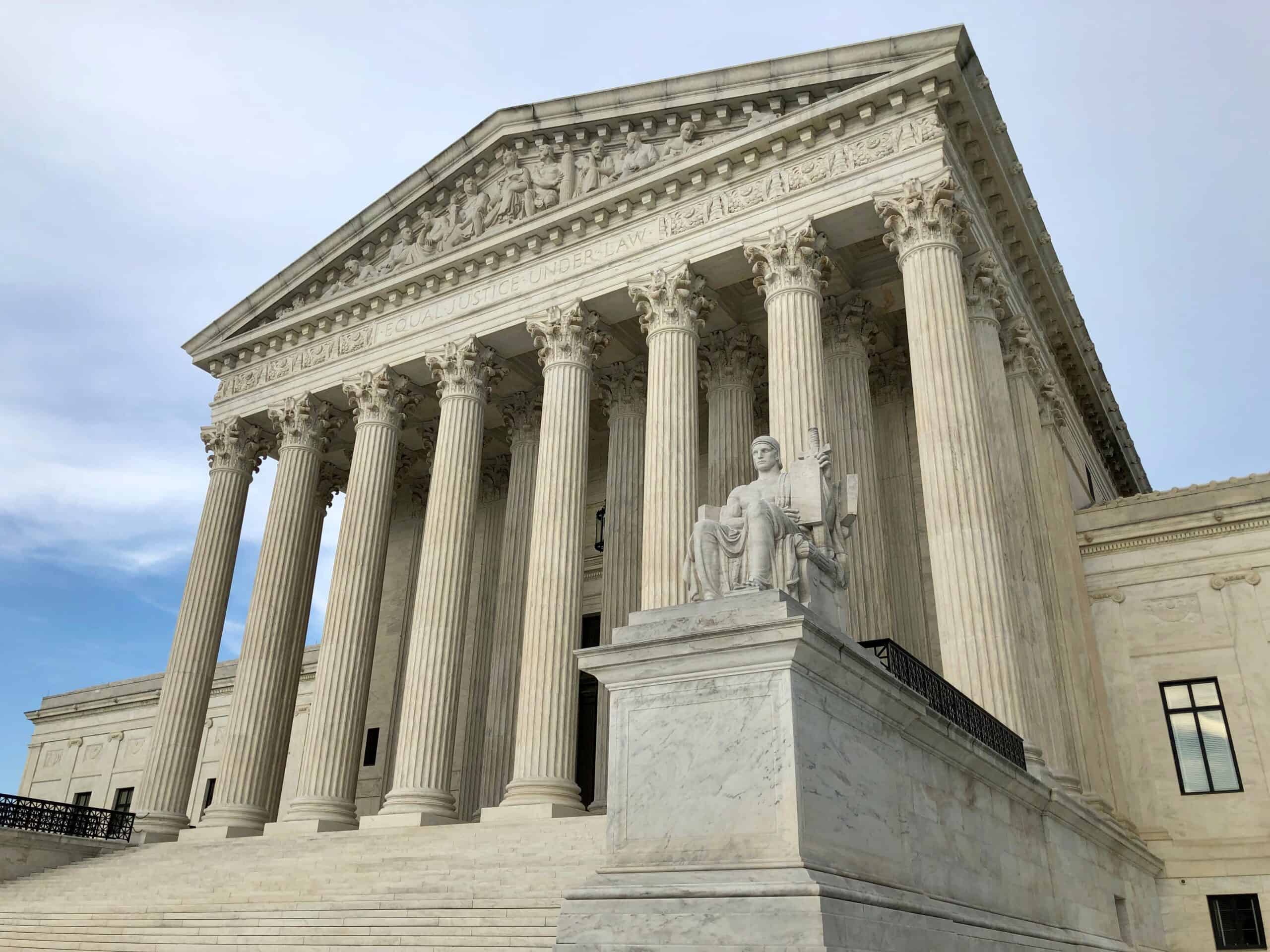
Clickbaity titles and hyperbolic claims are, yet again, dominating the coverage of the Supreme Court’s docket. Among those are the suggestions that this term’s Relentless and Loper Bright cases are the “end” of everything from the environment to the government itself. “We have nothing to fear but fear itself,” FDR said. But commentators afraid to meet actual argument promote fear. The concerns are groundless because the only thing that these cases could end is Chevron deference—a failed interpretive method that has unconstitutionally tilted the scales of justice in favor of the government for too long.
First articulated by the Supreme Court 40 years ago, Chevron deference wove itself into our laws while simultaneously threatening foundational guarantees of freedom. Under Chevron, courts must defer to an agency’s “reasonable” interpretation of ambiguous or silent statutes. The doctrine allows an agency’s plausible, but not necessarily the best, interpretation to prevail. In effect, the doctrine stops courts from doing what they were constitutionally designed and empowered to do—to “say what the law is”—and instead requires them to say that the law is what the agency says it is because the agency’s interpretation is reasonable. This process traduces constitutionally provided due process protections and separation of powers principles.
Chevron deference also conflicts with fundamental notions of fairness. In the four years since filing the Relentless case, I have talked to countless friends, family, and pretty much anyone who will listen to me about it, and each time the response is similar: that it “doesn’t make sense.” And their reactions are correct. It doesn’t make sense that when presented with two (and sometimes more) parties before it, the court must always side with the most powerful litigant, the United States government, because its interpretation is merely plausible. It doesn’t matter if the private parties, or even the court, discern a better reading of the statute. Such abandonment of the judicial function is what Chevron demands, and in doing so it creates a systematic bias in favor of the government.
The possible end of Chevron deference means no more, or no less, than the return of due process and a recommitment to separation of powers principles. And those are good things.
